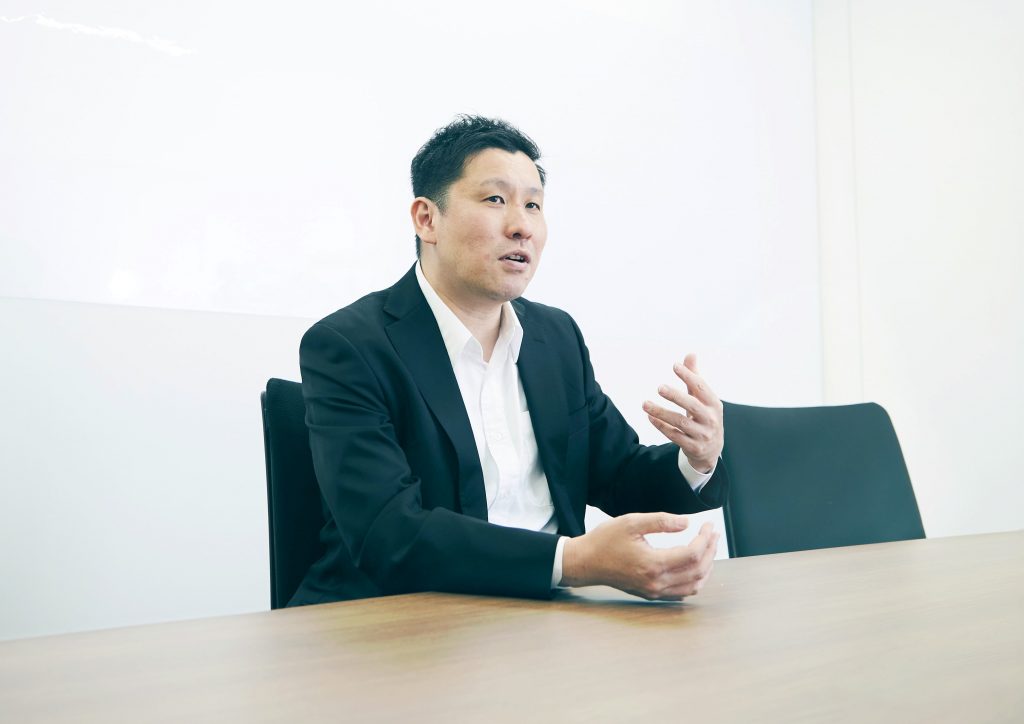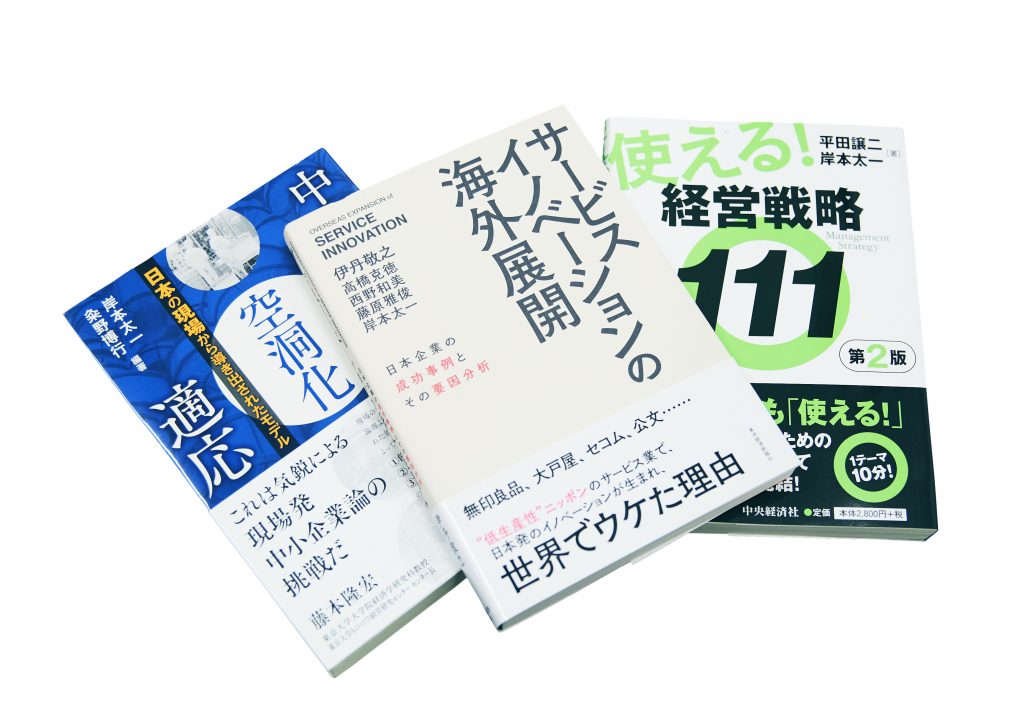The Department of Management of Technology (MOT), part of the Graduate School of Management, is a business school in its 21st year, as of 2024, that has turned out nearly 1,000 graduates over its existence. The school’s student base consists of working professionals from a wide variety of industries and occupations, ranging in age from their 20s to their 60s, and including not only those with humanities backgrounds but also many with science backgrounds. To accommodate these students, weekday classes start at 7 p.m., while Saturday classes run the entire day.
During their two years at MOT, all students join a faculty member’s research laboratory (seminar) from the second half of their first year, where they research aspects of MOT and then compile their results into a graduation paper (equivalent to a Master’s thesis). Many papers attempt to analyze causes and propose solutions for issues related to the students’ own workplace, and in some cases, this has led to real-world reforms.
MOT’s greatest advantage is the wealth of practical experience and diversity of the students in the program. MOT has instituted systems to exploit this advantage, such as holding discussions through reports that use students’ own companies as case studies.
Junior Associate Professor Kishimoto describes the learning process students go through. “Very few business professionals have experienced applying theory to their company or their experiences for a directed purpose. But after practicing it a few times in class, they figure out how best to use the concept and can improve the skill on their own after this.”

Junior Associate Professor Kishimoto got his start in researching overseas expansion by Japanese firms after he was asked by an SME in Yamagata to give a lecture on expanding into Indonesia. He realized that nearly all existing theories at the time on overseas expansion and international business management had been developed from the experiences of Western companies, and he felt the need to construct theories that look at actual examples of overseas expansion by Japanese companies.
Fundamentals of Overseas Expansion for MOT covers such themes as the commonalities of Japanese firms that have successfully expanded into emerging nations. There are several class patterns, but the general flow is:
1. Read up on theories associated with the assigned theme before class
2. Write a report on how the theories apply to the student’s own work
3. Share the report with all your classmates
4. Discuss the report in class
In short, students are given a preliminary assignment to present a case study related to their own work experience, and then a discussion centering on the case study is held in class.
Junior Associate Professor Kishimoto explains the benefits of this approach. “This process gets students from different occupations and positions to become a single organization of students. By applying the provided theories empirically, they are able to internalize them.”
Junior Associate Professor Kishimoto follows the same general flow for his classes regardless of the subject. As a result, the exercise of putting theory into practice is repeated many times.

The class has received a wide range of comments from students, such as: “Learning about case studies from a variety of students was useful in better understanding the underlying theories.” “I was able to use the cost-benefit framework that we studied for overseas expansion in my own work.”
Although it appears that a certain amount of repetition and time is necessary for students to use the theories in practical applications, students are definitely stimulated by studying with this objective in mind.
“I want students to bring in more issues connected to their own work and to their companies. Since people from many different companies come here with the aim of learning, there are no conflicts of interest, which allows us to discuss issues without any reservations. Students can assist other students, and faculty members can provide direction and organization, rather than just teaching in a one-way fashion. This is the type of business school we have here,” says Junior Associate Professor Kishimoto. The primary theme at MOT is spurring innovation through the fusion of technology and management. The overall impression is that through this course, students grappling with concerns and challenges will become key leaders in resolving the issues.
■ Main research themes